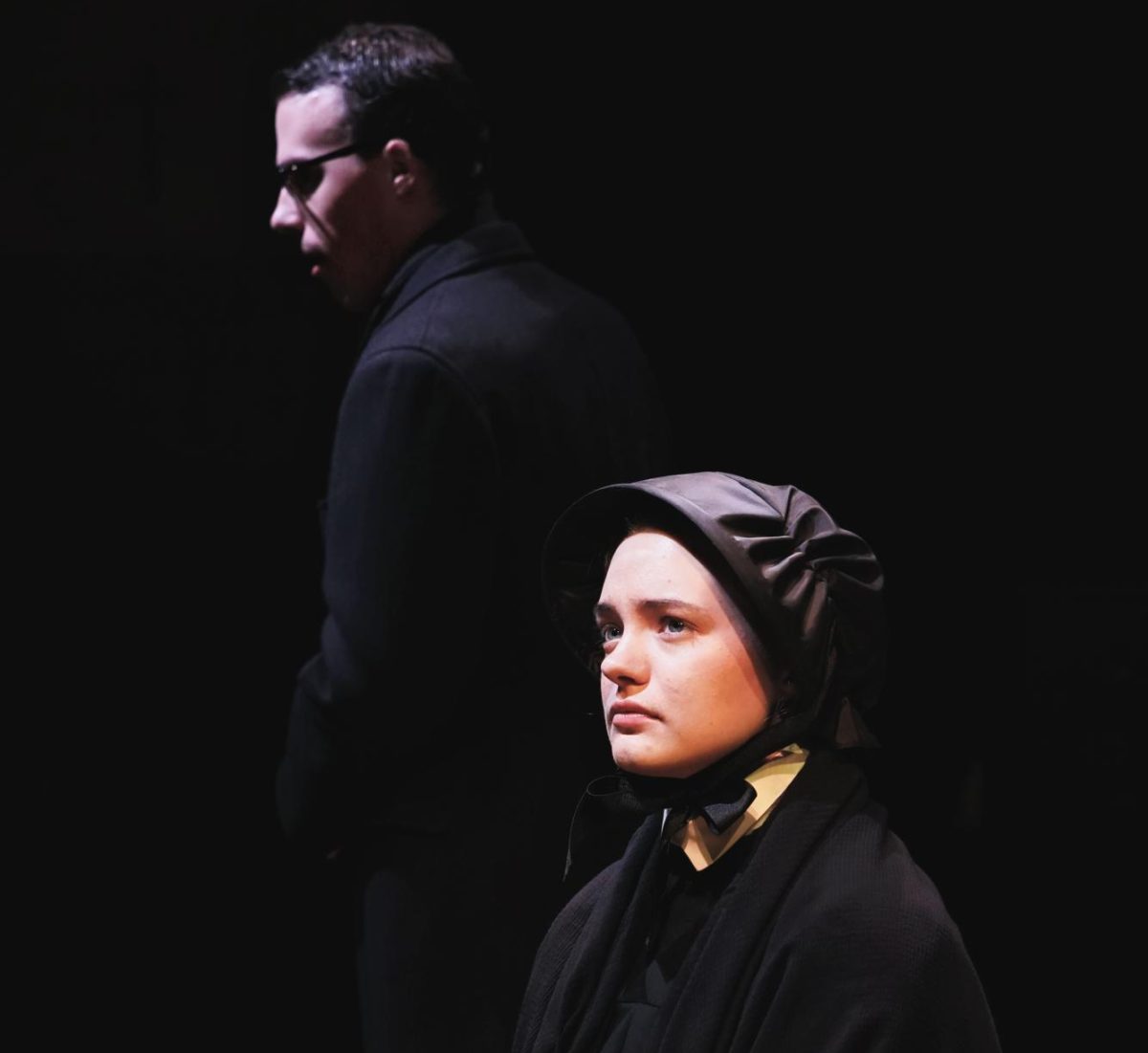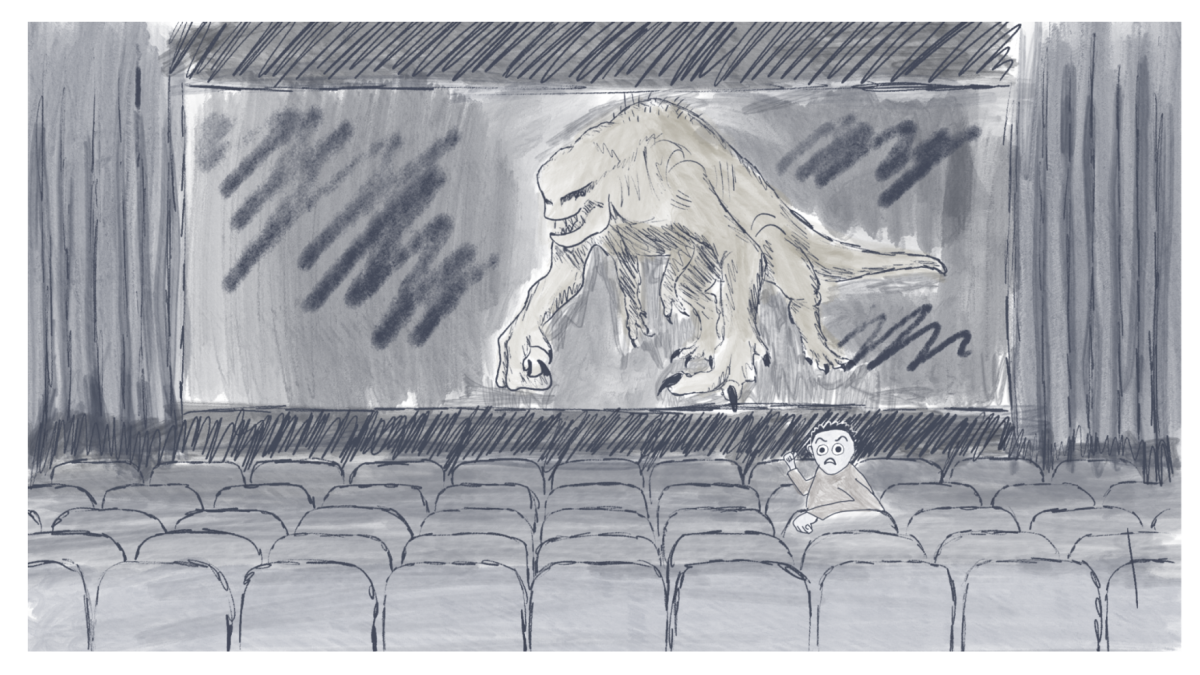If music is the key to healing, then a cabaret must be the ultimate cure. On April 19, 36 students took to the Lion’s Pause stage to inspire the St. Olaf community with personal tales of horror, confusion, bravery and amusement. These stories provided a cathartic chance for the performers to not only unravel their stories but also to spark necessary conversations about mental illness. This cabaret was a way of poking fun at life and learning how to take it head on.
Appropriately named “The B*%#@ of Living,” the show was “dedicated to the thousands who are afraid to find their voice and to those that help them speak,” according to the program. By balancing silly everyday grievances with more startling and emotionally-resonant topics, the cabaret was able to motivate the audience without scaring them with the gravity of the subjects covered.
In the event that audience members needed a breather, staff from the Wellness Center were close at hand, tabling with pamphlets on a variety of issues.
The show intertwined musical theatre with original poetry and songs written by the students performing. This intermingling allowed for large group numbers, although it did affect my investment in the show. Of the 21 performances, eight were non-original pieces. After the raw strength, humor and beauty of the students’ pieces, these eight felt less personal despite the cast’s pulsing energy in each number. I still enjoyed each one, but they would have been more effective if there were fewer of these numbers.
The exceptions I will make to that statement are “The B*%#@ of Living” and “Totally F***ed” from Spring Awakening. These songs from the Tony Award-winning musical acted as effective bookends for the show, flipping the middle finger at life’s “little disasters” and allowing the cast and audience to feel empowered.
As for student numbers, memorable pieces ranged from a sassy female pride song “A Little Off Pitch,” sung by Becca Thavis ’17, to “You’re Late,” a frustrated ballad for the girl who is always late performed by Graham Essex ’17. Thavis bristled with the aggression that underlies “Let it Go” and delighted with blunt comments to critics of the female body and its diversity of forms. It was so shockingly frank and funny that it made me want to go give her a high five right then and there.
Essex, for his part, gave the audience some comedic relief by telling the story many of us know all too well: the one where we’re kept waiting. In the face of deep emotional journeys, the casual respite was welcome, a song with seething lyrics that I wish I could remember.
Another thought-provoking work was the “Anthem of the Well Meaning,” written by Isabella Vergun ’15 and performed by last year’s cabaret cast. This number explored the futility and shortsightedness of many a response to mental illness and depression, encouraging listeners to understand those difficulties that cannot be addressed with such simple fixes. For situations beyond the comprehension of those without the condition, the song efficiently mocked lack of creativity in responses so that people would never ask those same questions or make those same comments again. Effective, but also guilt-inducing.
On the poetry side, many performers chose to illustrate their experiences through free verse. From “Whale Poem” by Clair Dunlap ’15, which demanded an examination of human social and identity structures in comparison to orcas, to “Little One,” by Rosalie Doak ’15, echoing of a lullaby to the former younger self, these pieces unleashed an earnest honesty that was inspiring to witness.
While detailing the content of the poetry here would be insensitive, I will say that its stark presentation drew in the audience and made me thankful for the performers’ courage. I respect each of them and have to believe that they were successful in their mission to give voices to those who have not raised their own yet.
Each performance brought a new tale, a new frustration and a new opportunity for healing, leaving the audience hopeful. Given the variety of topics covered, the performance should serve as an effective impetus for increased discussions about mental illnesses and life struggles.
Photo Credit: GINA SCHARENBROCH/MANITOU MESSENGER






